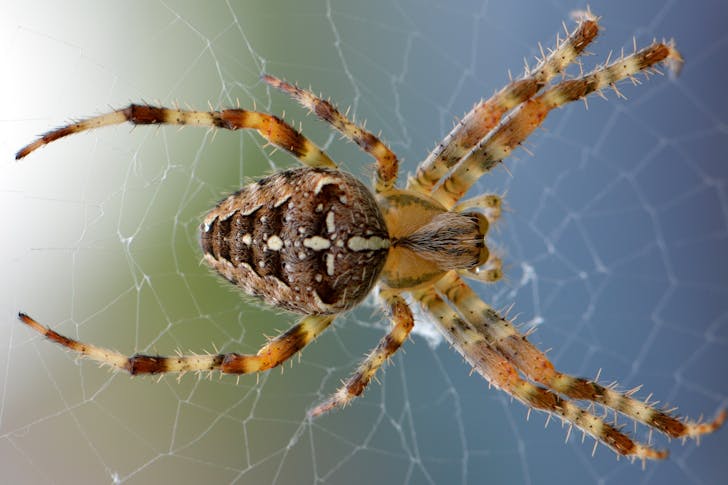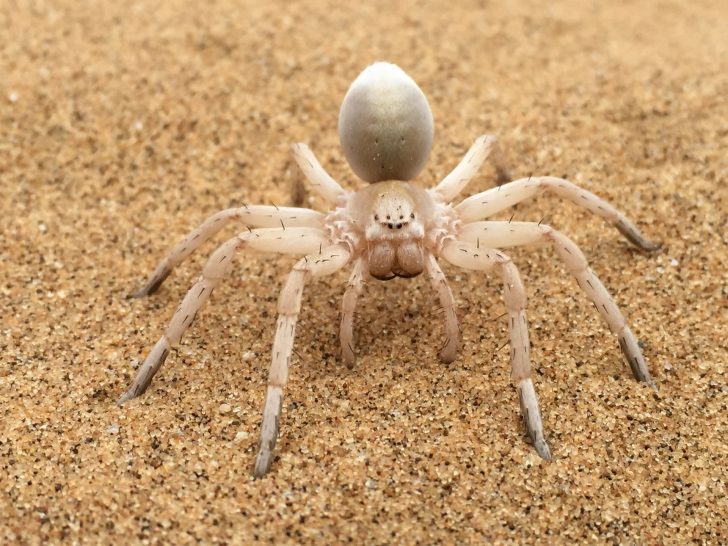Spiders might not be as predictable as we assumed. In fact, some seem to act on impulse, switching between bold and shy, brave and hesitant. This isn’t your average animal behavior. It is something much stranger and more fascinating.
A new study shows that certain spiders don’t have fixed personalities at all. Researchers watching African social spiders, Stegodyphus dumicola, found that these creatures are full of surprises. One week, a spider might be leading the hunt, the next it’s hiding in the web.
It is like personality is a moving target, not a solid trait.
The Spiders That Break the Rules
These are not just any spiders. They are nicknamed "hippie spiders" for good reason. They live together in colonies, share food, raise babies as a group, and rarely fight. Their whole lifestyle is based on cooperation. That made scientists think they must each play specific roles - like hunter, guard, or caregiver.

Pixabay / Pexels / When researchers from the University of Portsmouth tracked their behavior over four months, things didn’t add up.
They expected to find clear patterns - maybe some spiders always took the lead, while others stayed back. Instead, the roles kept changing. The same spider could go from brave to timid, from helper to hider.
Personality That Changes?
In most animals, personality means doing the same thing over time. A bold monkey stays bold. A shy dog acts shy no matter the day. But these spiders flip the script.
Scientists watched 28 colonies, checking how each spider reacted when startled, how quickly they jumped on prey, and how they worked with others. At first, behaviors looked consistent. But then, like a twist in a story, everything shifted. The so-called “brave” spiders didn’t stay brave. Some got more cautious. Others stepped up.
Even the environment seemed to mess with their behavior. Temperature, food supply, and maybe even group vibes played a role. It is like their personalities were made of sand, not stone.
So, Do Spiders Even Have Personalities?
That is the big question. If behavior keeps changing, does it count as personality? Dr. Lena Grinsted, who led the study, thinks we might need a new way to look at it.
She points out that calling these spiders “brave” or “timid” might be misleading. It assumes they are stuck in one mode. But their actions tell a different story, one of flexibility, not fixed traits.
And that is a big deal. If we have been labeling animals based on short tests or one-time checks, we might be missing the point entirely. These spiders remind us that behavior is messy and fluid.

Mark / Pexels / These findings suggest we need to watch animals longer. One moment doesn’t tell the whole story. Just like people can have good days and bad days, animals might act differently depending on the week, the weather, or who they are around.
What This Means for Spider Society
In the past, scientists thought these social spiders had roles set in stone. One spider hunts, another guards, a third babysits. It made sense. That is how ants and bees do it. But these spiders aren’t ants. Their jobs seem more like suggestions than rules.
The new research flips that idea. It shows a more equal, flexible system. Instead of being stuck with one job, spiders do whatever needs doing. One week, they help catch prey, and the next, they hang back. It is all about what is needed at the time.
That kind of setup might actually help the group survive. If everyone can shift roles, the colony becomes more adaptable. And in the wild, being flexible can mean the difference between life and death.
This study doesn’t just change how we look at these spiders. It changes how we should study all animal behavior. The old way was to watch an animal once or twice, then label its personality. But that might not work anymore.
And if that is true, we need to rethink a lot of our assumptions - about spiders, about animals, even about evolution. Behavior is not always stable. Sometimes, it is as unpredictable as the creatures themselves.
